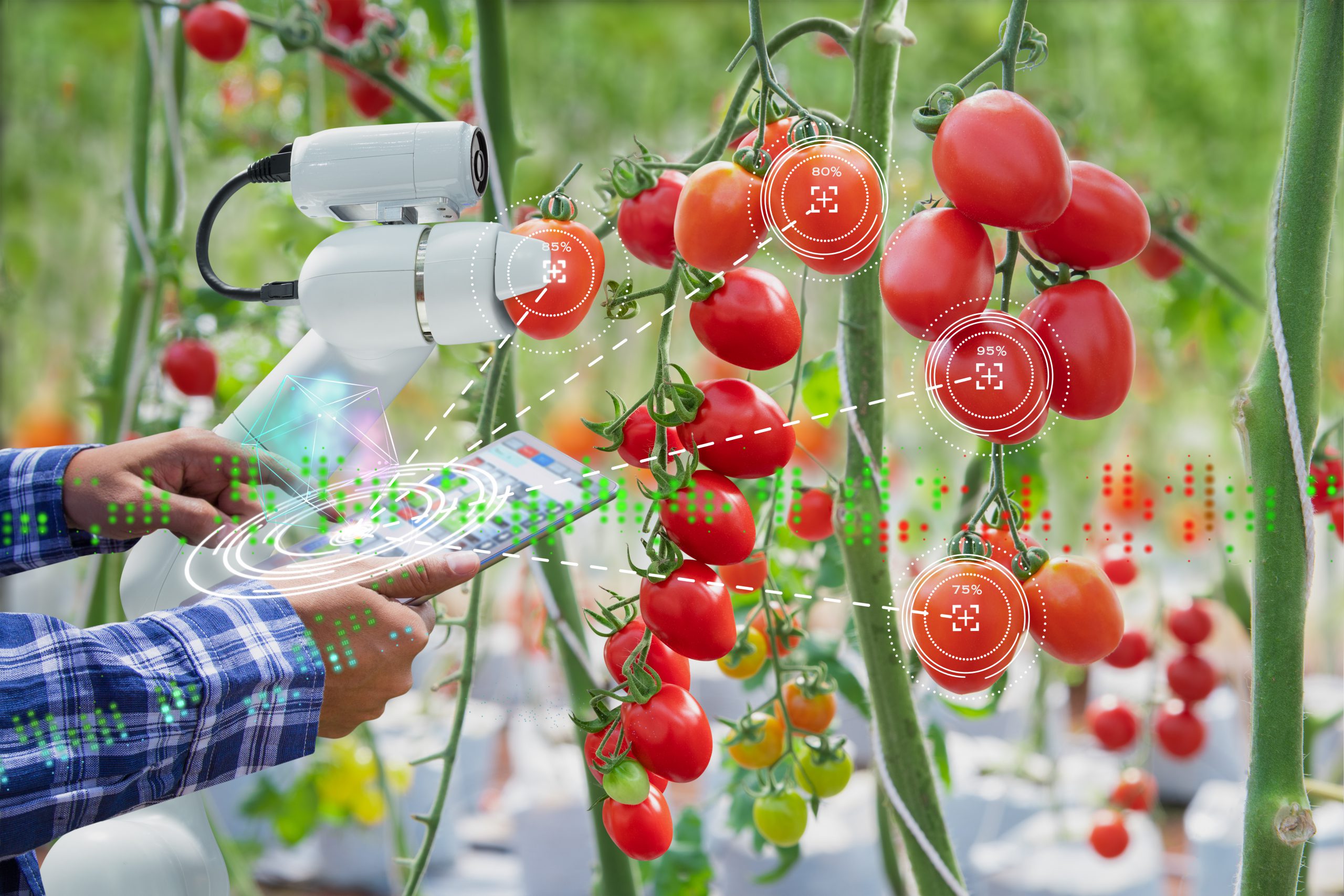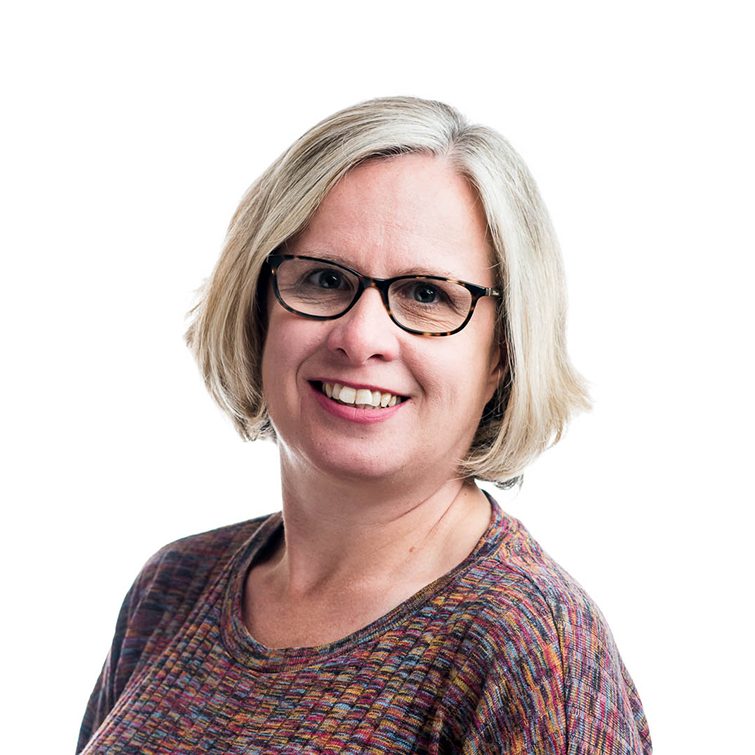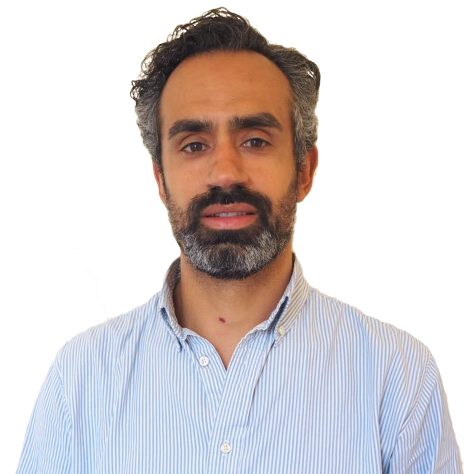AgriFood funding opportunities as part of Horizon Europe

The new Horizon Europe funding calls are open to UK-based projects and include opportunities for AgriFood innovation.
One of our European Programme experts, Jane Watkins , shares some insight into the scope of each funding topic so you can understand if your innovative AgriFood project would be a good fit to apply and how we can help you find partners to do so.
Video presentation now available – watch below.
What is Horizon Europe?
Horizon Europe is a seven-year programme (2021-2027) that offers grants through open and competitive calls for research & innovation projects. It’s run by the European Commission (EC) and succeeds Horizon 2020 .
With a €95.5 billion budget, it is estimated that more than half of the budget will be invested in Research and Innovation related to ‘Global Challenges and European Industrial Competitiveness’ (pillar 2 in the figure below). This budget will be divided across six clusters. Cluster 6 is the most relevant to the AgriFood sector, covering Food, Bioeconomy, Natural Resources, Agriculture and Environment , with a budget of €8.95B over 7 years.
UK-based applicants are eligible to apply for Horizon Europe funding
The UK is in the process of becoming an associated country in the EU Horizon Europe programme, meaning UK researchers and businesses will have the same rights to participate as others from Member States. In the meantime, you can already apply for funding and join or lead project consortia. You don’t need to wait for the EU to formalise association.
Key dates for Horizon Europe
- First set of funding calls: Open now – Closes October 2021
- Second set of funding calls: Opens in October 2021 – Closes in February 2022 (first stage) and September 2022 (second stage).
Horizon Europe funding calls relevant to AgriFood research and innovation
The 2021-2022 funding calls around Food, Bioeconomy, Natural Resources, Agriculture and Environment (Cluster 6) are detailed under a document called the work programme. The European Green Deal is strongly represented in this work programme. There are 7 areas called “destinations” within Cluster 6. The priorities for each destination are summarised below.
1. Biodiversity and ecosystem services
This destination contributes to the 2030 Biodiversity Strategy of the European Green Deal, an ambitious long-term plan for protecting nature and reversing the degradation of ecosystems.
Call topics in this destination focus on:
- Policy targets, nature-based solutions and holistic approaches to address the main causes of biodiversity loss, particularly in connection to production systems, and enhance ecosystem-based management.
2. Fair, healthy and environmentally-friendly food systems from primary production to consumption
This destination is strongly related to the ‘Farm to Fork strategy’ of the Green Deal, that supports the transition towards a sustainable food system. The EU will fund R&I activities that advance knowledge, build capacities, and deliver diverse innovative systemic solutions, both technological and non-technological, to speed up the progress towards the objectives set in Farm to Fork.
Call topics in this destination focus on:
- Sustainable farming practices;
- Sustainable fisheries and aquaculture;
- Transforming to safer, healthier, more accessible and affordable foods with international cooperation.
3. Circular economy and bioeconomy sectors
Within this destination, the circular economy and bioeconomy have a strong local and regional focus. This destination focuses on circular solutions at territorial and sectoral levels, for important material flows and product value chains, as well as key bioeconomy sectors such as sustainable bio-based systems, sustainable forestry, small-scale rural bio-based solutions, and aquatic value chains.
Call topics in this destination focus on:
- Support the transition from non-renewables to waste and biomass as raw materials;
- Climate-proof and GHG-neutral production;
- Consumption and resource efficiency.
4. Clean environment and zero pollution
For calls in 2021 and 2022, this destination will have a strong focus on fresh and marine waters within the EU, particularly regarding nutrients, soil and air pollution, supporting the Green Deal’s Zero-pollution ambition.
Call topics in this destination focus on:
- Preserving and restoring freshwater quality;
- Reducing ocean pollution and restoring clean oceans;
- Reducing excessive nitrogen and phosphorus flows;
- Enhancing a zero-pollution circular, blue and bioeconomy.
5. Land, oceans and water for climate action
This destination focuses on adaptation to and mitigation of climate change.
Call topics in this destination focus on:
- Improving understanding of the impacts of climate change;
- Reducing GHG emissions of agricultural practices;
- Mobilizing carbon sinks;
- Increasing the capacity of agriculture and (marine) ecosystems to adapt to climate change.
6. Resilient, inclusive, healthy and green rural, coastal and urban communities
This destination has a strong focus on social and behavioural aspects.
Call topics in this destination focus on:
- Understanding the impact of climate, environmental and socio-economic changes on communities;
- Creating equal opportunities for everyone and to facilitate the transition towards smart, environmentally-friendly and resilient lifestyles.
7. Innovative governance, environmental observations and digital solutions in support of the Green Deal
In order to deliver the Green Deal, while leaving no one behind, knowledge and innovative solutions to support policy-making are required, leading to a more science-based policy design.
Call topics in this destination focus on:
- Improving decision-making and obtaining tailored governance models by developing digital and data-based solutions and enhancing implementation and monitoring of policy.
Further funding through Agri, Food & Bioeconomy Missions
Further funding will be announced later this year or in 2022. It will cover five areas:
- Adaptation to climate change including societal transformation;
- Cancer;
- Climate-neutral and smart cities;
- Healthy oceans, seas, coastal and inland waters;
- Soil health and food.
If you’d like to keep updated with Horizon Europe funding opportunities for the AgriFood sector, sign up to our AgriFood newsletter here.
How can KTN help you?
For most of the Horizon Europe funding calls, you need to work collaboratively across Europe and form a consortium to apply. This means you will need partners. With a strong network in the AgriFood, science and technology sectors, we can connect you to the right organisations to build your consortia and increase your chances of success when applying for funding.
For support, please contact one of our experts:
Dr Jane Watkins, Knowledge Transfer Manager – European Programmes, KTN
Dr Pedro Carvalho, Knowledge Transfer Manager – Plants & Crops, KTN



